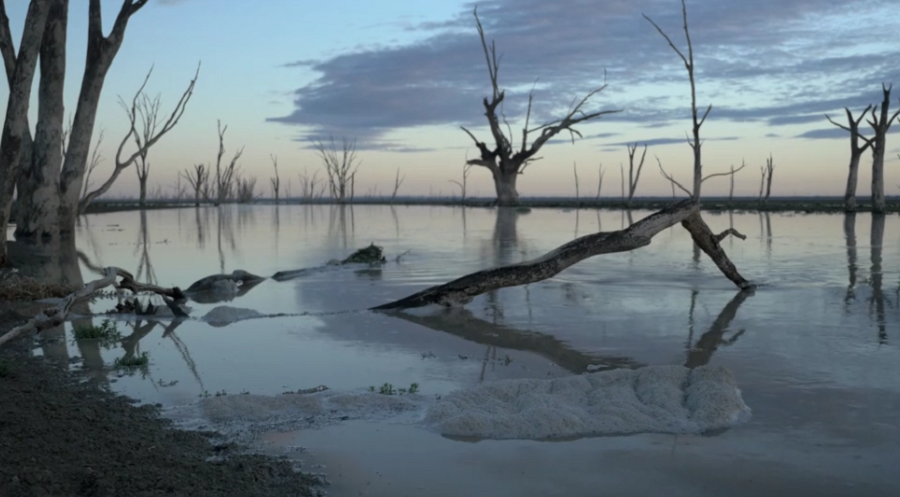
“AQUAWHEN?” is a virtual art exhibition being hosted by the ANU’s Water Justice Hub right now, but viewers will have to be quick as it’s only up until tomorrow (September 17).
The Water Justice Hub was formally established in 2019 as an initiative of the UNESCO Chair in Water Economics and Transboundary Water Governance at the ANU with the mission is to respond to water injustice and promote both “voice” and truth-telling in relation to water.
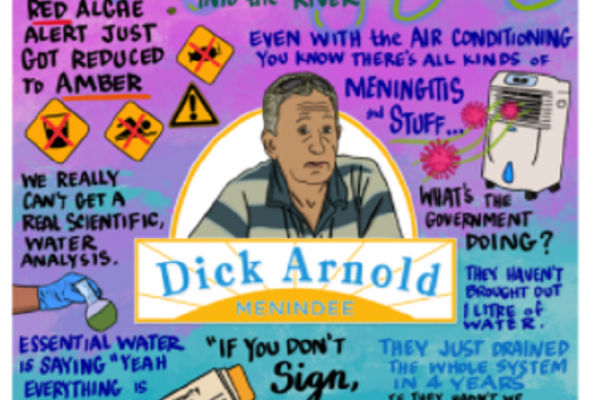
The exhibition, “Aquawhen?” focuses on the communities and people in far western NSW and their river, the Barka-Lower Darling and includes brilliantly-coloured poster-like pictorials commissioned by the hub and created by artists Rix Lee and Tom Horne, using as their basis the testimonies and experiences of Menindee and Wilcannia residents who, in 2019, appeared before the Citizen’s Inquiry on the Health of the Barka-Darling River.
The exhibition also includes justice posters based on the research of academis from the Water Justice Hub.
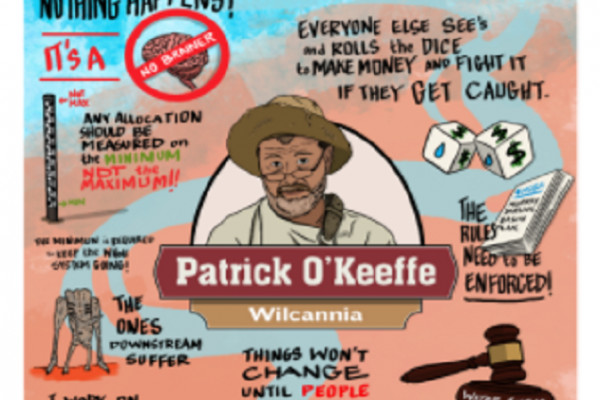
Convener of the hub, the ANU’s Professor Quentin Grafton, says the exhibition is about telling stories and supporting “Voices of the River” with visualisations from Barkandji Country, adding, “the pictorials are a powerful statement of the witnesses’ love of Country and what happened to their beloved river in 2019″.
He says the Lee and Horne, whose work he describes as “amazing”, travelled with the ANU team to the region in April this year and the the words in the posters are taken verbatim from what the locals said.
Another feature of the virtual exhibition are short video films by Dan Schulz and Otis Filley, one from 2019 and later showing the impact of the drought on country and a second one recorded in 2021 showing the return of water to the Barka-Lower Darling River in 2021, complete with the welcome sounds of running water.
The videos, Professor Grafton says: “Tell a moving story of when a river runs dry, and when it runs again.”
“It was so nice to have the two of the films, they balance each other,” he said, “from the first one during the drought to the complete turnaround in the context of what happens when we have water in the river.”
Describing the whole exhibition as a unique opportunity to connect to people, to place and across time, he also said, “It’s an ‘everywhen’ experience that invites everyone from everywhere to connect to water in a very special place. We call this experience Aquawhen?”
The exhibition, he says, was given a dry run before the communities at Menindee and Wilcannia in a draft format to get feedback for the current virtual exhibition.
The virtual exhibition “Aquawhen?’ is accessible here until tomorrow, September 17.
Who can be trusted?
In a world of spin and confusion, there’s never been a more important time to support independent journalism in Canberra.
If you trust our work online and want to enforce the power of independent voices, I invite you to make a small contribution.
Every dollar of support is invested back into our journalism to help keep citynews.com.au strong and free.
Thank you,
Ian Meikle, editor
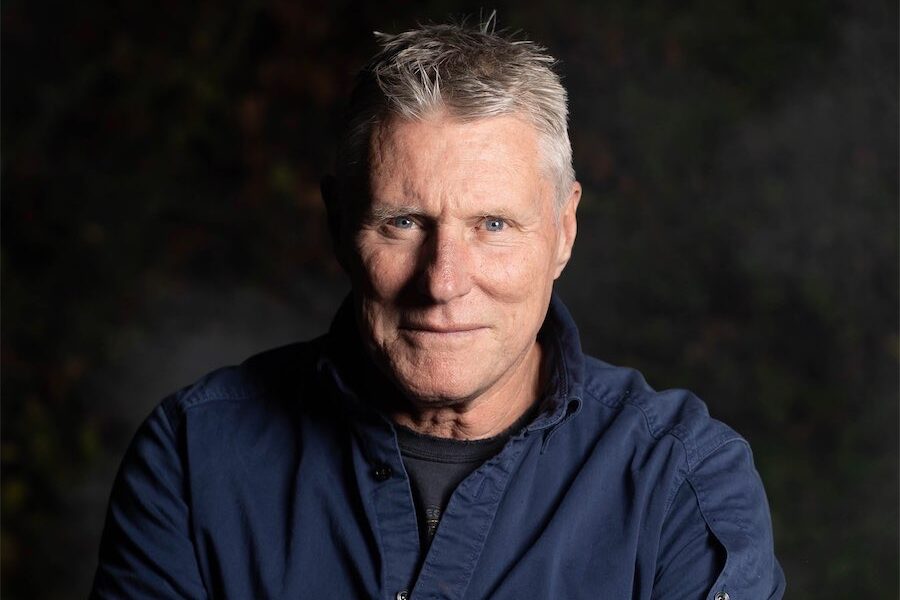
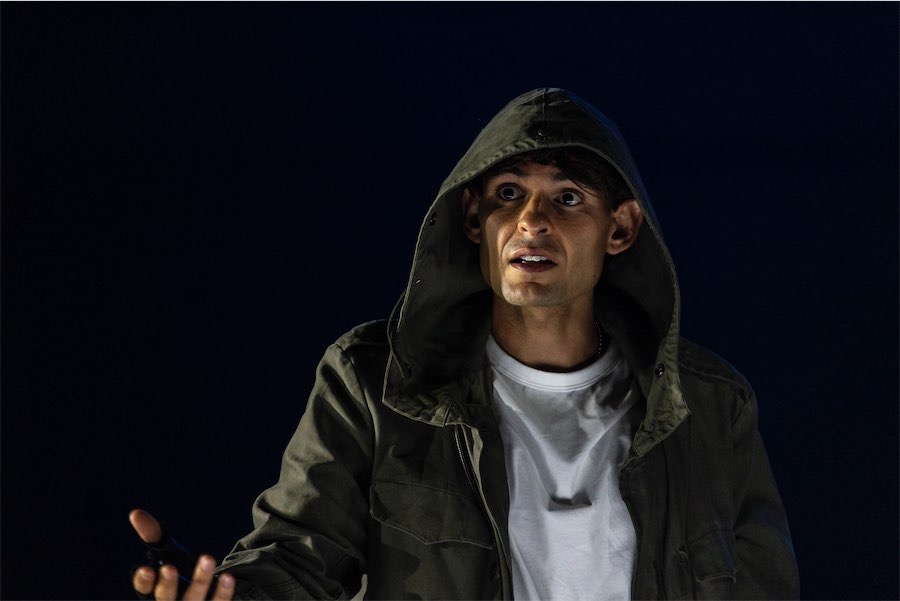
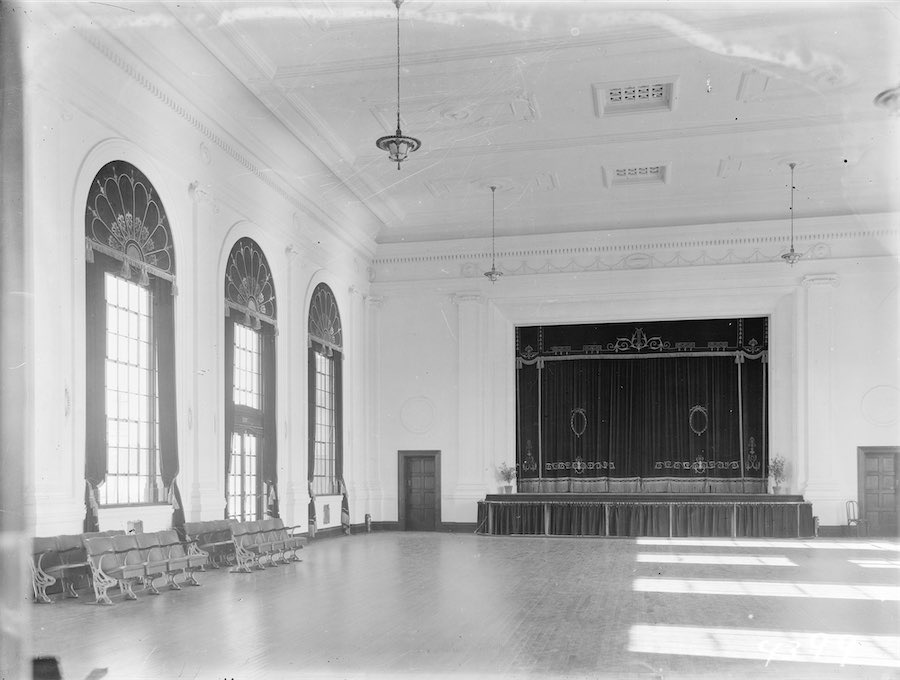
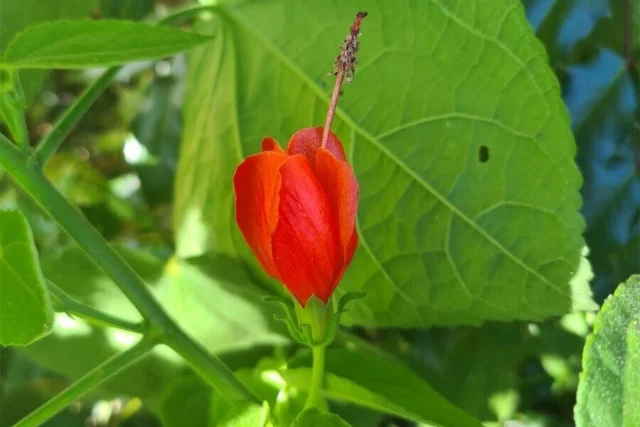
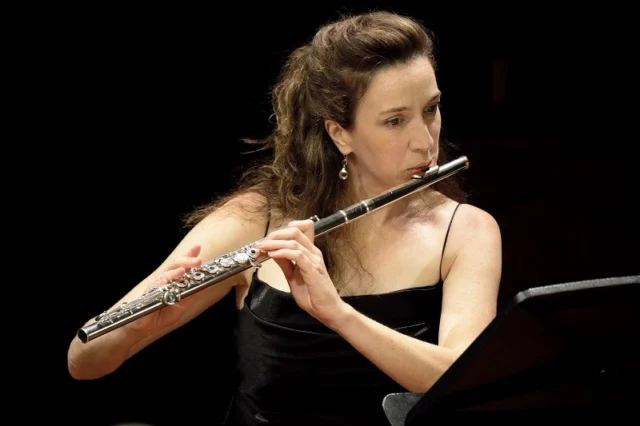
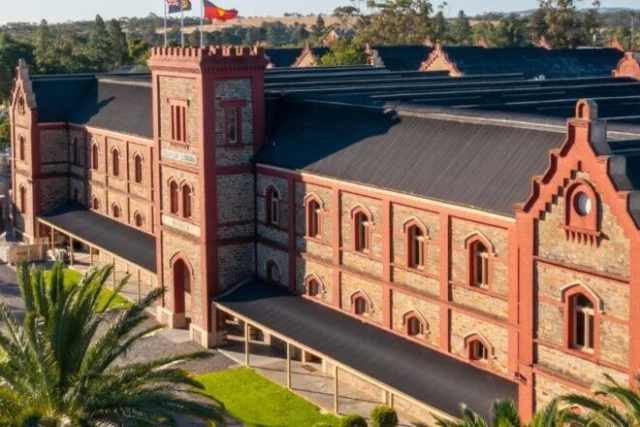
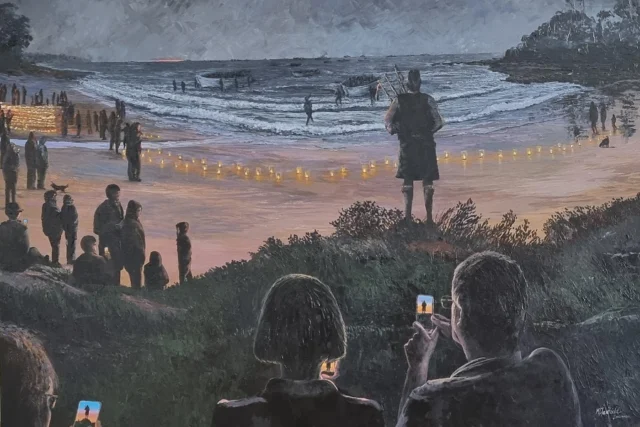

Leave a Reply